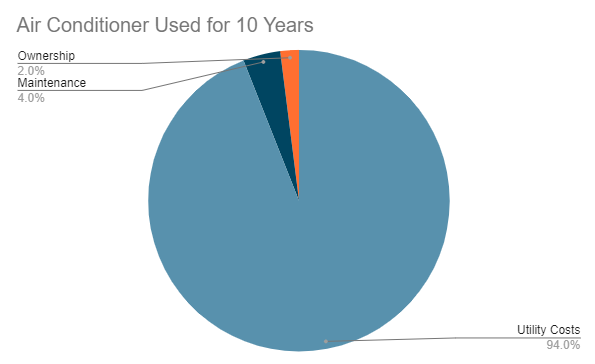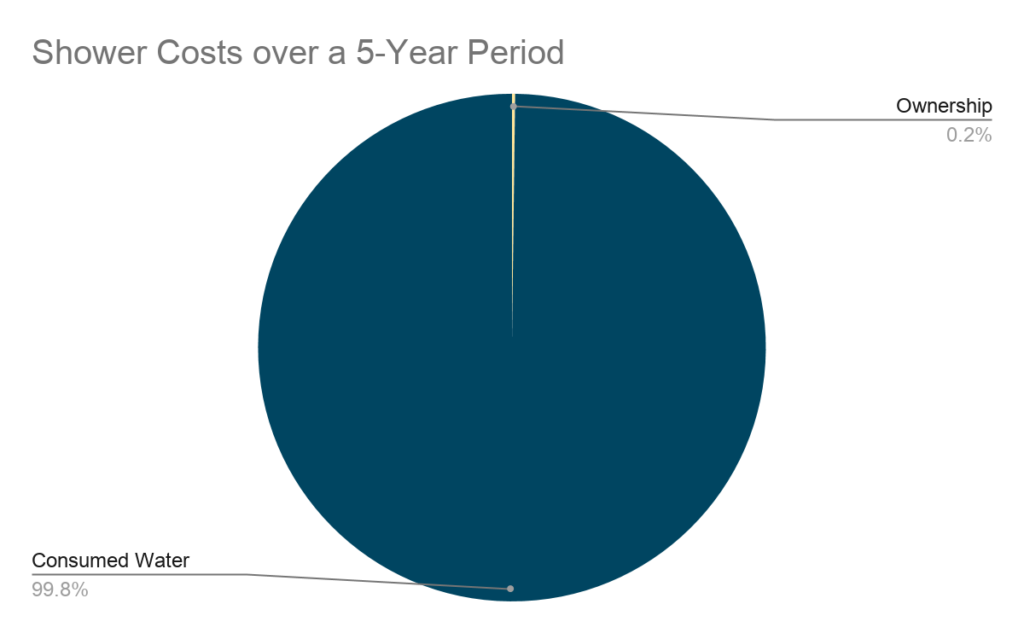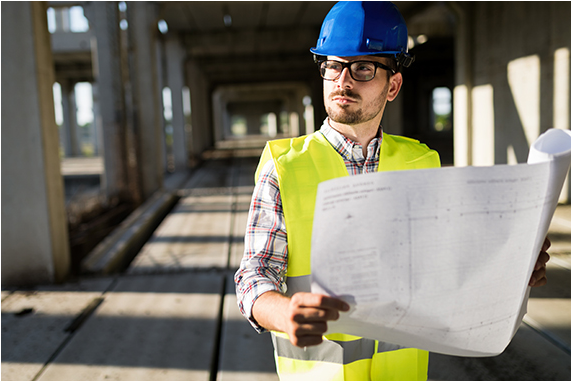Since 2015, the UAE has taken a firm ambition to reduce its carbon footprint. The government has integrated climate change measures into national policies, strategies, and planning, simply to reduce its carbon footprint and energy costs.
Therefore, and to highlight this importance, the UAE renamed the Ministry of Environment and Water to the Ministry of Climate Change and Environment; thus, officially bringing management of climate change within the scope of the Ministry, making it their priority to maintain energy efficiency into the country’s sustainability and growth.
The latest announcement confirms the commitment to the Paris agreement and definition of Nationally Determined Contribution:
https://wam.ae/en/details/1395302898670
This movement partly explains the spread of energy-saving companies since 2015. To date, Dubai RSB has accredited up to 24 ESCO companies, each with a dedicated field of expertise. The full list can be seen here:
https://rsbdubai.gov.ae/services/esco-accreditation/list-of-accredited-esco/
High utility prices help them transition to low consumption materials and devices. However due to the current construction focus on “Construction cost” rather than “Total cost of ownership”, we can only expect that UAE regulations become more restrictive to enforce usage of energy and water conservation measures.
Awareness Facts: an air conditioner used for 10 years initial price is only 2% of the total cost of ownership. The rest is 4% maintenance and 94% utility costs.

A shower fixture costs 50 AED and yearly water consumed is valued at 4400 AED. Over 5 years, the Total Cost of Ownership of a shower falls into an initial cost of 0.2% and consumed water 99,8%.

The key to meet the expected targets is likely to come from tougher regulations and labels.
For example, Dubai Municipality introduced mandatory solar water heaters in new buildings in 2013 and further regulations can only be expected. For example, enforcing existing regulations for indoor temperatures in public buildings and even labor camps are to be expected.
ESMA has already introduced a mandatory certification scheme in 2015 for Air conditioners with the well-known 1-5 star-rating system.
Regarding water, ESMA is already working on requiring certificate for importing water fixtures. Similar work is ongoing in Saudi Arabia for enforcing usage of SABER-SASO approved water fixtures for public places and other semi-public facilities. Usage of certified water-saving fixtures over legacy or even non-approved fixture expects to cut the overall water consumption by 50%.
Already now, Dubai Municipality requires and enforces dedicated safety and environmental measures for staff accommodation as depicted in health requirements DM-PH&SD-P6-WI-02. This includes already now regulations for temperature controls.
Private labels also exist such as “EXPO-Site”, where accomodation is meeting a number of even more drastic criteria than Dubai Municipality criteria.
All these labels deliver better comfort, energy and water savings with short payback time.
We can thus only expect tougher regulation to be announced and enforced in the near future.
Through the years in the field of energy and water conservation, Nordatec designs, delivers, and supports efficient, down-to-earth, affordable specific HVAC, supporting water-management solutions to save water and energy, monitor your building, and manage the comfort for your staff.

Nordatec’s services vary from the operation, maintenance, and management of facilities including audit, comprehensive engineering, project design, procurement, installation of equipment, measurement, and verification of savings.
Striving to deliver the fundamental core of Nordatec, the services are based on the state of the art Energy Analytics and Reporting software platform.
Whatever the customer needs, whether it is Energy Audits and Consultancy to evaluate, measure, and summarize the water consumption, or Project Implementation to provide KPI about the usage, through the use of different devices and material, or even Savings assurance to prepare and deliver consumption measurements along with analysis software, to detect abnormal consumption and ensure alarming by taking early actions to correct issues before total consumption value rises too high. All in favor of consumption reduction along with the evaluated costs and payback time for the most effective energy reduction solutions.

